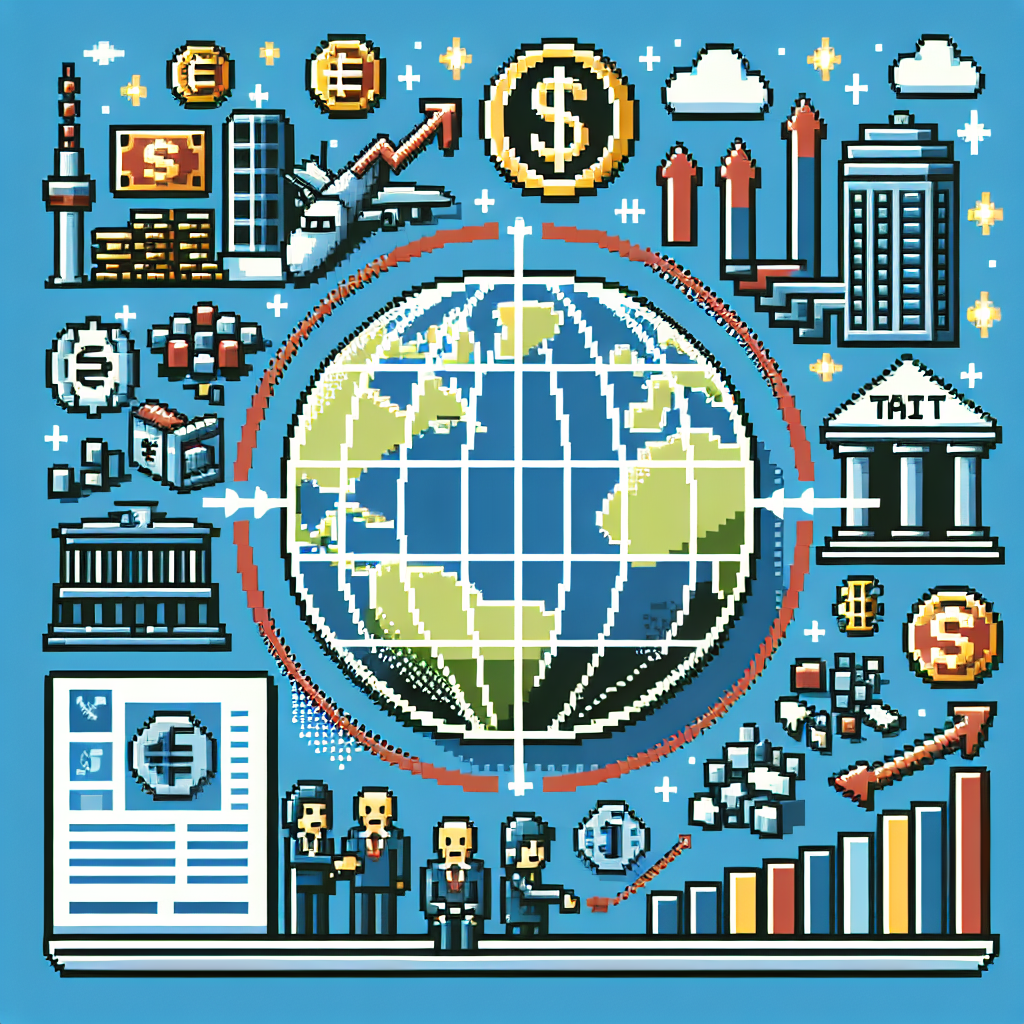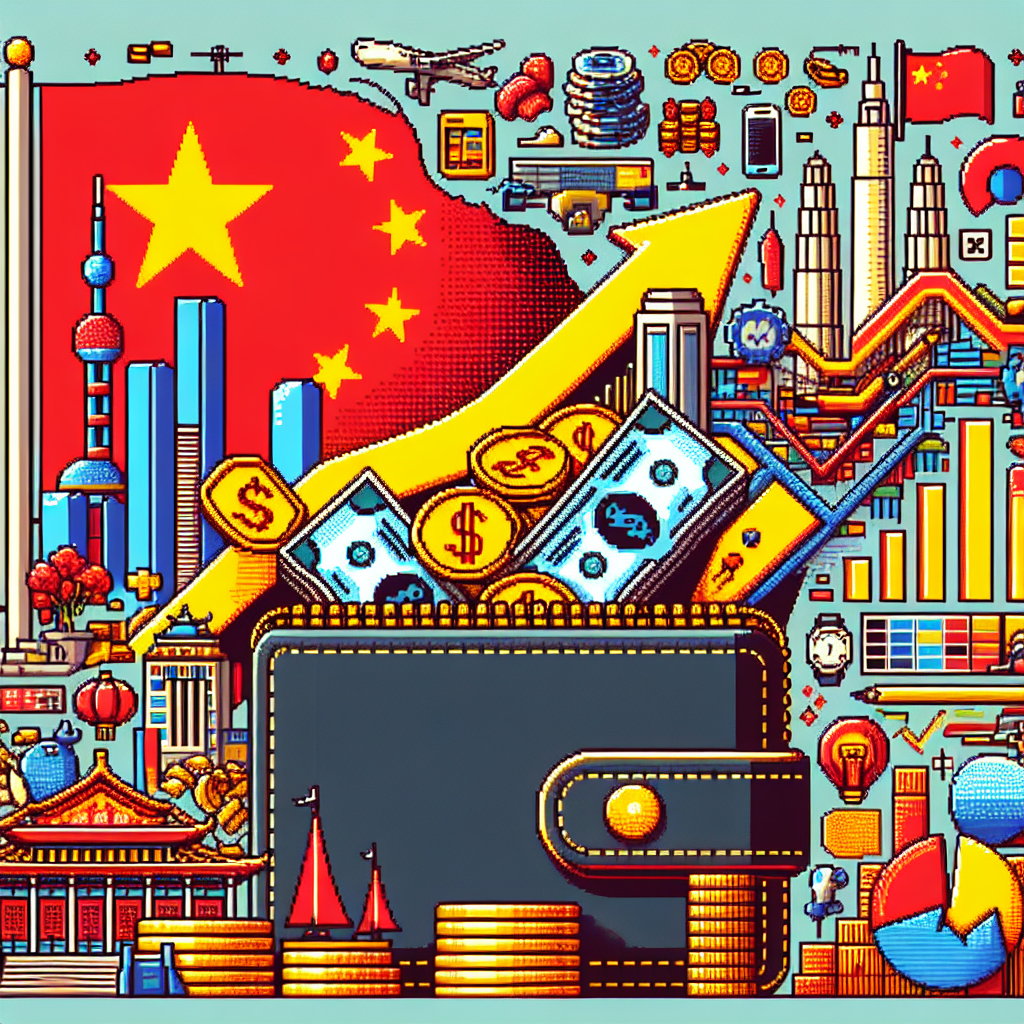Global bank chiefs hold talks over Trump tariffs crisis - Sky News | Analysis by Brian Moineau
Global Bank Chiefs and the Trump Tariffs Tango: A Lighthearted Look at a Serious Situation
In a world where economic strategies often feel like a high-stakes poker game, the recent move by global bank chiefs to convene talks over the Trump tariffs crisis is akin to the players gathering in a huddle to reassess their game plan. As reported by Sky News, these financial powerhouses are seeking to navigate the turbulent waters stirred by the tariffs imposed during the Trump administration. But let's take a step back and add a sprinkle of levity to this heavy topic, shall we?
Picture this: A room filled with some of the world's most influential banking figures, all exchanging glances and furrowing brows as they discuss the implications of tariffs that have sent ripples through global markets. It's almost like the financial version of an Avengers movie, where each character brings their unique abilities and insights to save the day—or at least the economy.
The tariffs in question, introduced by former President Donald Trump, were initially aimed at protecting American industries by imposing taxes on imports. The rationale? To level the playing field for U.S. manufacturers. However, these tariffs have had far-reaching consequences, influencing global trade dynamics and prompting reactions from countries around the world. It’s almost like a game of international chess, where each move is carefully calculated and can lead to unexpected outcomes.
For instance, the European Union, China, and other trading partners have responded with their own tariffs, creating a complex web of economic tit-for-tat. This has not only affected industries but also raised concerns among global banks about the potential impact on international markets and economic stability. And here we are, witnessing a gathering of financial leaders trying to unravel this intricate tapestry.
Beyond the world of economics, the tariffs have sparked discussions reminiscent of the ongoing debate over globalization. Much like the climate change dialogues or the tech giants' data privacy controversies, tariffs touch on a larger narrative about national interests versus global cooperation. It's a reminder of how interconnected our world has become and how decisions in one part of the globe can resonate worldwide.
It's worth noting that Donald Trump, the man behind the tariff curtain, is no stranger to controversy. Whether you view him as a savvy businessman or a polarizing figure, his policies have undeniably shaped global discourse. Love him or loathe him, Trump has a knack for making headlines and keeping the world on its toes.
In a similar vein, the recent surge in popularity of electric vehicles (EVs) offers a parallel to the tariff situation. Just as Tesla and other EV manufacturers are redefining the automotive industry landscape, global banks are trying to redefine their strategies amidst the shifting sands of international trade policies. Both scenarios highlight the importance of adaptability and forward-thinking in an ever-changing world.
So, what's the takeaway from this financial tête-à-tête? Well, while the outcome of these talks remains to be seen, one thing is clear: In the grand theater of global economics, the players are constantly evolving, adapting, and strategizing to stay ahead. As spectators, all we can do is watch, speculate, and perhaps enjoy a popcorn or two as the drama unfolds.
In conclusion, while the topic of tariffs and global banking might sound daunting, it's a testament to the intricate dance of diplomacy and strategy that defines our modern world. And who knows, maybe one day this will make for a riveting plot in a blockbuster film. Until then, we’ll keep our eyes peeled, our minds open, and perhaps our wallets safe—just in case.
Read more about AI in Business

